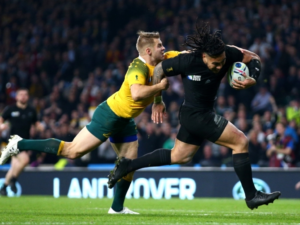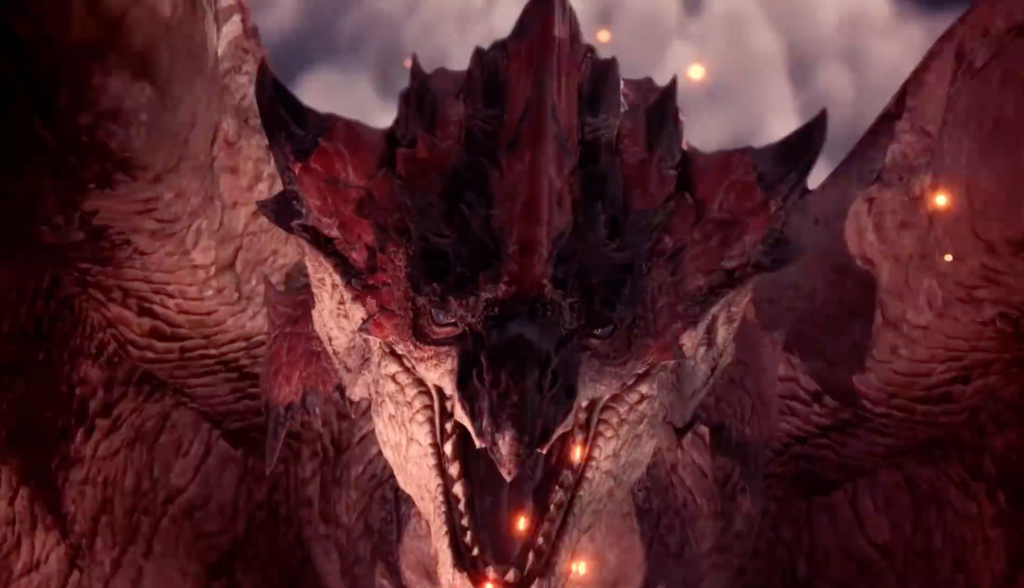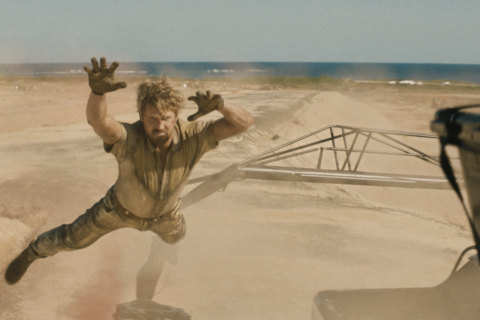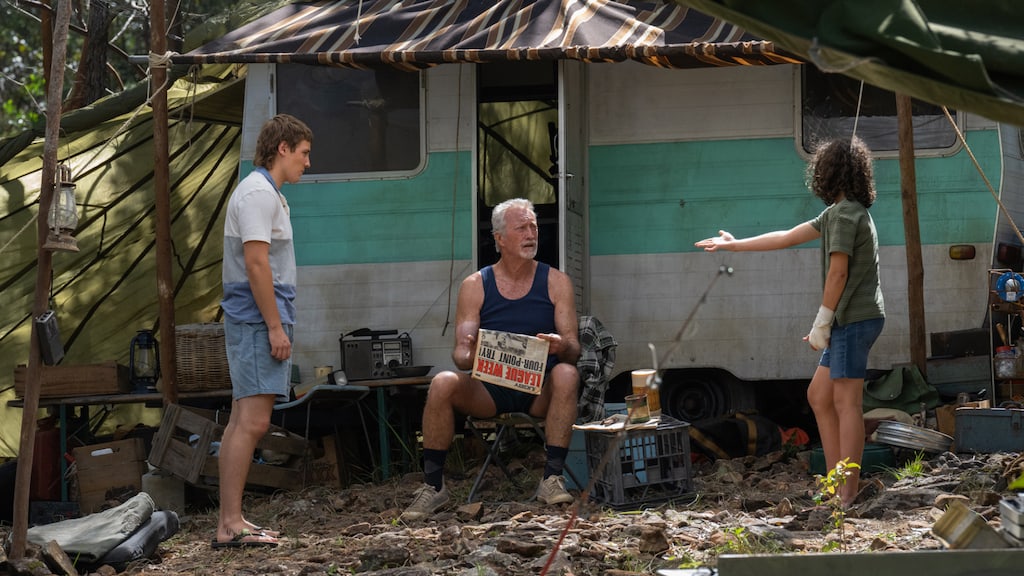So TVNZ and Spark have snaffled the Rugby World Cup broadcast rights from Sky. PAT PILCHER looks at whether the new deal will mean good viewing for Kiwis.
 In what must have been bit of a shock to Sky TV staff, TVNZ and Spark have scooped up the broadcast rights for the upcoming Rugby World Cup.
In what must have been bit of a shock to Sky TV staff, TVNZ and Spark have scooped up the broadcast rights for the upcoming Rugby World Cup.
Given how rugby mad New Zealanders are, this is huge news.
In 2011 NZ media paid massive royalties to Ireland-based Rugby World Cup Limited to broadcast the matches. While payment figures weren’t publicly revealed, Stats NZ have said that in 2011 royalties and license fees increased by a whopping $81 million on the fees paid for the previous World Cup. This includes sponsorship rights, merchandising rights, and a staggering £55.6 million tournament fee paid to the International Rugby Board (IRB). Clearly, there are huge amounts of money at stake.
It isn’t just money either. Reputations will be made – or broken – depending on how well broadcasts/media streams go from both Spark and TVNZ.
So how much will it cost to watch the rugby world cup? What will you need?
While some of the 2019 RWC games will be broadcast over Freeview and cost nothing to watch, rugby fans will still have to pay if they want to watch every match. That said, the good news is that non-Spark customers will be able to pay to the access paid content too.
Spark CEO Simon Mouter confirmed this week to Radio NZ that pricing would be ‘lower than most people would expect’. He went on to say that, “If you were buying a tournament pass, I think $100 – plus some, minus some, in that sort of territory… Bear in mind, one single ticket to the Lions tour game last year was $149.”
 If that’s the cost, the other big question is will it work? This is a valid question given the numerous grumbles around TVNZ’s semi shambolic coverage of the recent Commonwealth Games, with blunders such as Joelle King’s gold medal squash match being relegated the TVNZ website while other less important events gained prime slots on TVNZ’s live coverage. TVNZ have not covered live rugby in any meaningful capacity for years, so it’d be a safe assumption that they’ll be learning as they go. Question is, will they botch it up?
If that’s the cost, the other big question is will it work? This is a valid question given the numerous grumbles around TVNZ’s semi shambolic coverage of the recent Commonwealth Games, with blunders such as Joelle King’s gold medal squash match being relegated the TVNZ website while other less important events gained prime slots on TVNZ’s live coverage. TVNZ have not covered live rugby in any meaningful capacity for years, so it’d be a safe assumption that they’ll be learning as they go. Question is, will they botch it up?
Then there’s the not so obvious question of will the technology work? While there is little doubt that Freeview works as a nationwide service, questions remain around Spark’s ability to reliably stream content. This is no small question either. In 2015, over 2.5 million viewers watched the All Blacks win the Rugby World Cup. Will Spark’s infrastructure cope with a similar load? The live streaming of sports with massive peak demands is likely to place a significant amount of strain on Spark’s Brightcove platform.
This, plus the fact that broadband in New Zealand is comprised of many different technologies, means there is a lot of moving parts. So, another big question is how likely is it that nothing will break?
If the infrastructure holds up and streaming works, there’s yet another problem – video quality. While a good amount of Kiwi homes have ultra-fast fibre connections, many are still connected via increasingly pokey copper DSL. These slower broadband connections could stutter to a halt if the RWC is broadcast in full HD. If getting watchable all access to the RWC in 2019 is a biggie, upgrading to a fast fibre connection will most probably be a must.
This brings me to the last but perhaps the most intractable issue – the urban/rural digital divide. While urbanites grizzle about long waits for getting fibre, that’s peanuts compared to what rural users must put up with. Many have little choice but make do with internet access speeds that border on dial-up.
Full access to rugby world cup content is shaping up to be bit of a mission impossible out in the boonies. While satellite broadband might be a good bet, it is likely to be incredibly expensive and it is also very fiddly to install.
Another option is fixed 4G broadband such as is already on offer from Skinny, but limited fibre connections to rural cell-sites could mean they lack the bandwidth to deliver many HD video streams simultaneously.












I personally can’t see it working. I would like it to works so Sky then realise they are not the only fish in the pond.
However, I think at this stage for a lot of older people internet based TV would be difficult, as well as those out in the sticks that get poor internet.